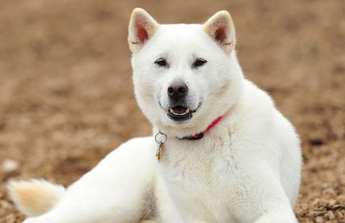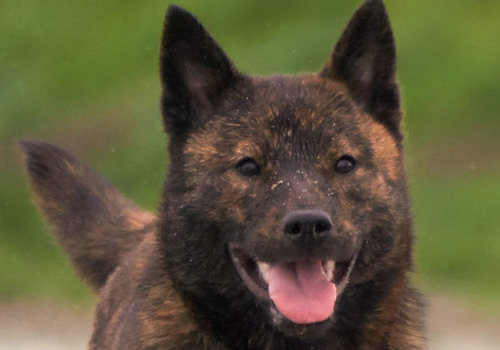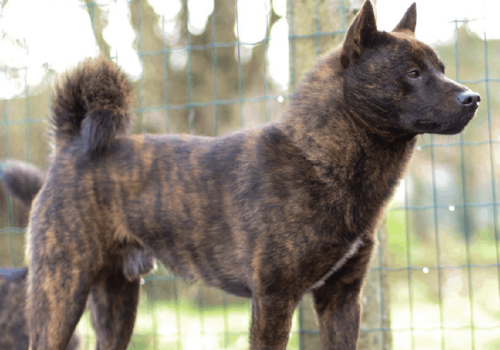The Kai Ken is one of the six native Japanese breeds. The breed was discovered in 1929 in the mountainous regions of Kai province near Mount Fuji. In 1931, the Kai Ken Aigokai was formed and is the oldest and largest Kai Ken registry. Due to the breed’s hunting prowess and agility, it was traditionally used to hunt a wide range of games from pheasants to bear.
The Kai was recognized in 1934 by the Japanese Kennel Club. Because of the language barrier, there is very limited information on the breed, but it is believed that the first Kai Kens were brought to the United States in the 1950s by US servicemen in the military.
In 1991, six more puppies were brought over and in the following year, one more male puppy was imported. These dogs made up the genetic pool for all the American bred Kai Ken; they are the foundation of the Kai we have today.
Currently in Japan, the Kai is regarded very highly by the Japanese people, they do not distinguish the two types anymore, and no one type is preferred over the other. The Japanese describe the Kai as a trustworthy guardian, extremely devoted to his master, and they say a Kai will lay down its life to protect its master. They are very loved and protected in their native country and are considered a natural treasure in Japan.










